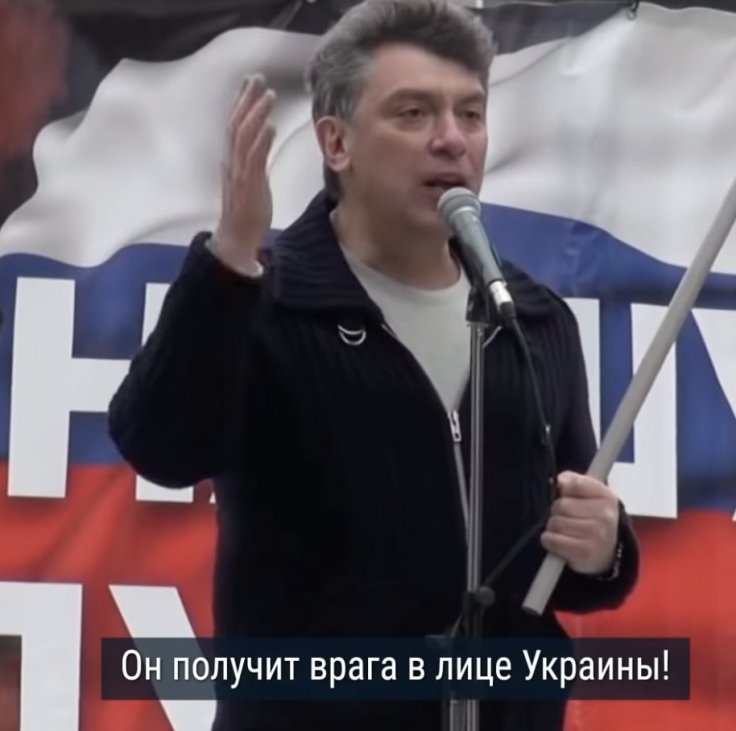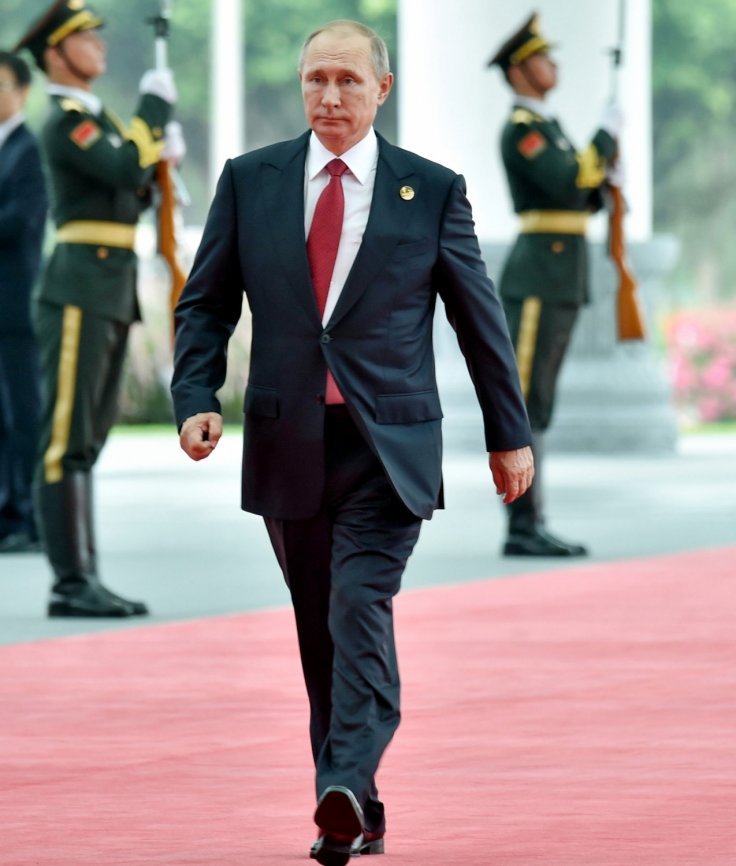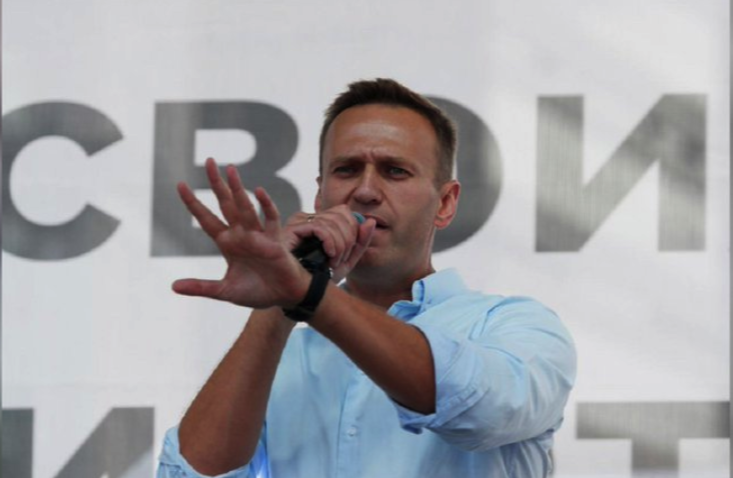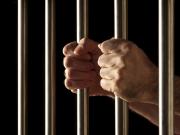Russian Opposition politician Boris Nemtsov was being shadowed by an agent linked to the assassination team of Russia's elite squad for nearly a year before he was shot dead in Kremlin, it has emerged. Nemtsov, a fierce critic of President Vladimir Putin, was assassinated in 2015 and his death is believed to be the highest political killing since Putin assumed power in Moscow.
However, the regime in Moscow has completely denied the killing. Agents linked to Russia's elite hit squad Federal Security Service followed Nemtsov on his 13 trips before his assassination.

Nemtsov, who was believed to be the successor of then Russian President Boris Yeltsin in the 1990s, was sidelined by Putin as he entered into active politics.
Since then, Nemtsov, who had served as the deputy prime minister under Yeltsin, could not gain power in the country but he was active in campaigning against Putin.
In 2014, the Russian leader became a prominent face against Putin as he exposed corruption and denounced the Russian annexation of Crimea.
He was set to lead a massive protest against Putin in 2015 but days before Nemtsov was shot dead near the Kremlin on February 27, 2015.
Soon after his death, five Chechen origin men arrested and were sent behind bars for his assassination. However, the culprit who planned his assassination could never be traced as the regime never tried to do that.
Seven years after his assassination, BBC, Bellingcat and The Insider have revealed that Putin's fierce critic was being followed by an agent of the Russian government who worked for a secret assassination squad.
The publications used the leaked reservation date of flights and trains and found that the leader was followed by the FSB agent on his 13 journeys. February 17, 2015, was the last time when the leader was followed by the FSB agent.

Valery Sukharev- FSB Agent Behind Nemtsov's Assassination
Valery Sukharev is the name of the agent as per the documents found in the investigation. The publications also found evidence that in 2015 Sukharev worked for the FSB, which also deals with domestic political threats on the orders of the Kremlin and it also monitors the moment of key leaders and individuals countrywide.
Bellingcat received data for the investigation from brokers inside Russia as due to corrupt politicians in the country it becomes easy for influential people to have access to some key data. The data was related to the FSB database called Magistral, which was accessible with some politicians in the country also.

Bellingcat received data for the investigation from brokers inside Russia as due to corrupt politicians in the country it becomes easy for influential people to have access to some key data. The data was related to the FSB database called Magistral, which was accessible to some politicians in the country also.
Magistral was used previously by Bellingcat to find assassination attempts targeting influential people in Russia. It was also revealed earlier that a secret assassination squad exists inside the FSB, however, the government has denied such allegations.
Sukharev's flight and train reservations were analyzed in the investigation and a pattern was found that the agent was following Boris Nemtsov in his trips.
Sukharev Was Behind Two More Assassination Attempts
The findings have also revealed that Sukharev was linked to two other assassination attempts that focused on fierce critics of Putin, Nemtsov's friend and protege Vladimir Kara-Murza and Russian opposition leader Alexei Navalny.
Kara-Murza, who blamed the Kremlin for the killing of Nemtsov, had visited Kazan in Russia in May 2015. At the same time, Sukharev also went to Kazan. But Kara-Murza, just two days after returning from Kazan, was collapsed and unable to breathe, which made him fall into a coma and he suffered multiple organ failures but later he recovered.
In 2017, Kara-Murza was poisoned for the second time but he survived. Kremlin was targeted for his poisoning but the government refused such allegations.
Kara-Murza's second target was Alexei Navalny, another Putin critic who was poisoned with a Soviet-era nerve agent Novichok in 2020 but later recovered.
Sukharev was not part of the ground team that went behind Navalny but he exchanged 145 phone calls or texts with at least four members of that team when the assassination attempt was being carried out.









